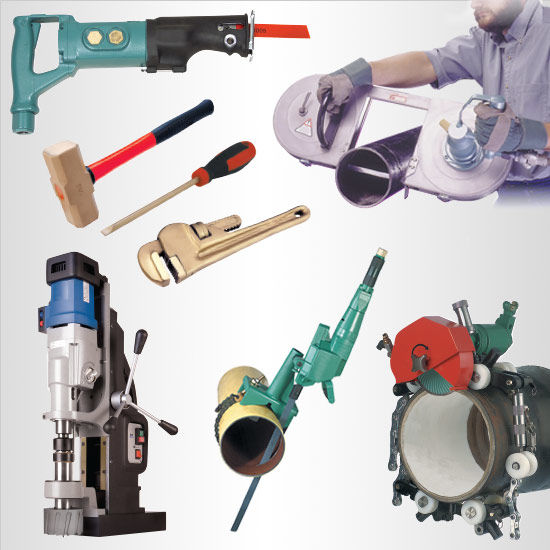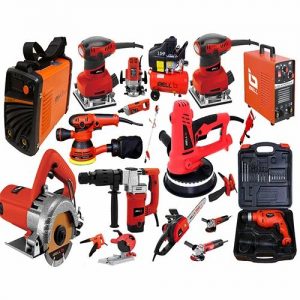Drills are one of the most commonly used power tools in various industries, including construction, woodworking, metalworking, and more. They are versatile tools that can be used for drilling holes, driving screws, and even sanding. In this article, we will explore the different types of drills, their uses, and how to choose the right one for your needs.
Types of Drills
- Corded Drills
Corded drills are powered by electricity and are ideal for heavy-duty tasks that require a lot of power. They are typically more powerful than cordless drills and can be used for drilling through tough materials like concrete and metal.
- Cordless Drills
Cordless drills are powered by rechargeable batteries and are more portable than corded drills. They are ideal for tasks that require mobility and can be used for drilling holes and driving screws.
- Hammer Drills
Hammer drills are designed for drilling through hard materials like concrete and masonry. They use a hammering action to break through tough surfaces and are ideal for construction and renovation projects.
- Impact Drills
Impact drills are similar to hammer drills but are designed for driving screws and bolts. They use a high-torque, rapid-fire action to drive screws quickly and efficiently.
- Drill Presses
Drill presses are stationary drills that are mounted on a workbench or stand. They are ideal for precision drilling and are commonly used in woodworking and metalworking.
Uses of Drills
- Woodworking
Drills are commonly used in woodworking for drilling holes and driving screws. They can also be used for sanding and carving.
- Metalworking
Drills are used in metalworking for drilling holes and cutting through metal. They can also be used for tapping threads and reaming holes.
- Construction
Drills are used in construction for drilling through concrete and masonry. They can also be used for driving screws and bolts.
- DIY Projects
Drills are essential tools for DIY projects like home repairs and renovations. They can be used for a variety of tasks like hanging shelves, installing light fixtures, and more.
Choosing the Right Drill
When choosing a drill, consider the following factors:
- Power
Choose a drill with enough power for your needs. Corded drills are typically more powerful than cordless drills.
- Speed
Choose a drill with variable speed settings to adjust the speed for different tasks.
- Chuck Size
Choose a drill with a chuck size that can accommodate the size of the drill bits you will be using.
- Ergonomics
Choose a drill that is comfortable to hold and use for extended periods.
Conclusion
Drills are versatile tools that are essential in various industries and for DIY projects. Understanding the different types of drills and their uses can help you choose the right one for your needs. Whether you need a drill for woodworking, metalworking, construction, or DIY projects, there is a drill that is perfect for you.




+ There are no comments
Add yours